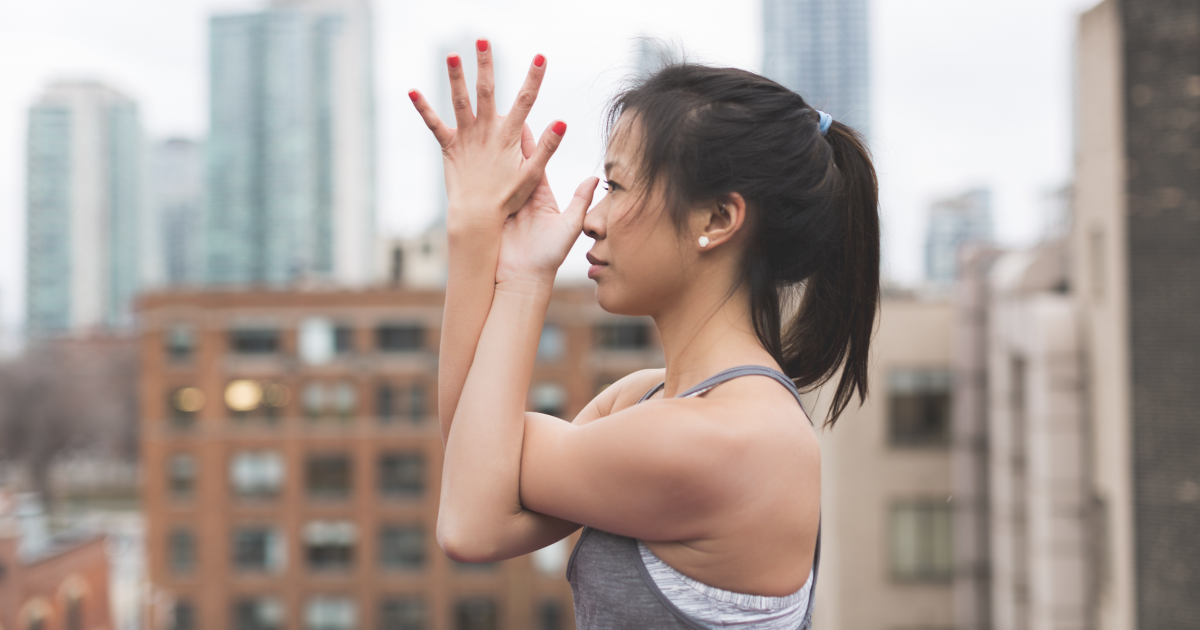Covid-19 Vaccine For Cancer Patients
- New evidence from the UK suggests that people with cancer receive less protection from the COVID-19 vaccine.
- People with blood cancer, which can often effect the immune system, received the least protection from the vaccine.
- Getting the second vaccine dose earlier helps to provide another stimulation to the immune system and can increase the effectiveness of the vaccine, according to cancer specialists.
- A lot more work remains to be done to more accurately measure how effective COVID vaccines are for cancer patients, and patients are being urged to remain cautious and get vaccinated.
The research, conducted by King’s College London and The Francis Crick Institute, found that three weeks after receiving the first dose of the vaccine, patients with solid cancers such as colon or breast cancer had an antibody response rate of 39%. For patients with blood cancers such as leukemia or lymphoma, the antibody response rate dropped to 13%. People without cancer had a 97% antibody response rate after the first dose.
Read MoreDr. Balazs Halmos, medical oncologist and director of the Thoracic Oncology Program at Montefiore Medical Center, says the research underscores the need for cancer patients to stay vigilant.
“The biggest message to patients with cancer: They absolutely should be vaccinated as soon as they can, not skip second doses, make sure they get those on time,” Dr. Halmos says. “The current U.S. approach, no state is swaying and that’s good practice and research has to continue to understand vulnerable populations.”
In the UK, the vaccine strategy currently involves a 3 month gap between the first and second doses of the vaccine. This was enacted to enable more people to receive a first dose and begin developing antibodies. Pfizer recommends 21 days between doses, and that is generally what is being followed in the U.S.
Authors of the study say the results show that a gap of 12 weeks “could leave many cancer patients vulnerable to serious COVID.” Dr. Sheeba Irshad from King's College and Professor Adrian Hayday from King's and the Francis Crick Institute, are calling for an “urgent re-evaluation” of the UK dosing policy for cancer patients and other high-risk groups of immuno-suppressed patients.
"The vaccine is very impressive in its impact on healthy individuals and our study shows that it can clearly bring immense benefit to cancer patients too, but in most cases this is only after boosting,” Hayday said in a statement. “Cancer patients should be vaccinated and boosted quickly and their responses, particularly those of blood cancer patients, should be intensively monitored so that those who mix with family, friends and carers can be confident of their environment. ”
The “preprint” study, which enrolled 151 cancer patients and 54 healthy controls, has not yet been peer-reviewed or published.
Dr. Yeo notes that the data is “observational.”
“We will need to follow the patients for longer to understand what this means in terms of risk for getting or dying from the disease,” she says. “There still so much to learn about COVID-19.”
Dr. Halmos is also an advocate for more research.
“You have to pay close attention to patients who are immunosuppressed. Maybe some cohorts of patients with cancer, for example patients after a bone marrow transplant or highly immune suppressive therapies,” he says. “Some of our patients will not respond as well. The vaccine will likely be just as safe, but maybe patients with cancer will need a separate booster shot…we need to do a separate study to see.”
5 COVID-19 Vaccine Questions Answered by Expert Physician
Staying Safe During COVID-19
People fighting cancer can be immunocompromised, depending on their treatment path. For people going through chemotherapy, or those who have previously undergone chemotherapy, they may be at a heightened risk for contracting the coronavirus, because chemotherapy treatments can impact the immune system.
Due to the heightened risk cancer patients face, it's critical to practice COVID-19 safety precautions like maintaining social distance, washing your hands and wearing a mask.
Continuing Cancer Screenings During COVID1-19
Life has been upended in all ways possible due to the ongoing pandemic, but it’s important to maintain as much normalcy as possible in one area of life: Cancer screenings.
Continued screenings for cancers are important because early detection often means wider treatment options and in some cases, a better prognosis.
Screenings like mammograms, colonoscopies and pap smears should all continue at this time. Speak with your doctors to make sure you’re up-to-date on screening for various cancers.
It's Important To Continue Cancer Screenings Through COVID-19
Learn more about SurvivorNet's rigorous medical review process.


